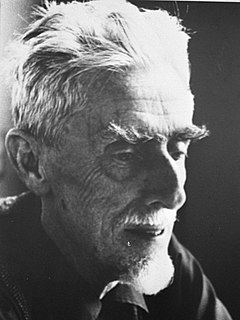A Quote by Leonardo da Vinci
The senses are of the earth, the reason stands apart from them in contemplation.
Related Quotes
All men naturally desire knowledge. An indication of this is our esteem for the senses; for apart from their use we esteem them for their own sake, and most of all the sense of sight. Not only with a view to action, but even when no action is contemplated, we prefer sight, generally speaking, to all the other senses. The reason of this is that of all the senses sight best helps us to know things, and reveals many distinctions.
In regard to the philosophers, if they be true philosophers, i.e., lovers of truth, they should not be irritated that the earth moves. Rather, if they realize that they have held a false belief, they should thank those have shown them the truth; and if their opinion stands firm that the earth doesn't move, they will have reason to boast than be angered.
But the thing that stands eternally in the way of really good writing is always one: the virtual impossibility of lifting to the imagination those things which lie under the direct scrutiny of the senses, close to the nose. It is this difficulty that sets a value upon all works of art and makes them a necessity. The senses witnessing what is immediately before them in detail see a finality which they cling to in despair, not knowing which way to turn. Thus this so-called natural or scientific array becomes fixed, the walking devil of modern life.
The delight we take in our senses is an implicit desire to know the ultimate reason for things, the highest cause. The desire for wisdom that philosophy etymologically is is a desire for the highest or divine causes. Philosophy culminates in theology. All other knowledge contains the seeds of contemplation of the divine.







































